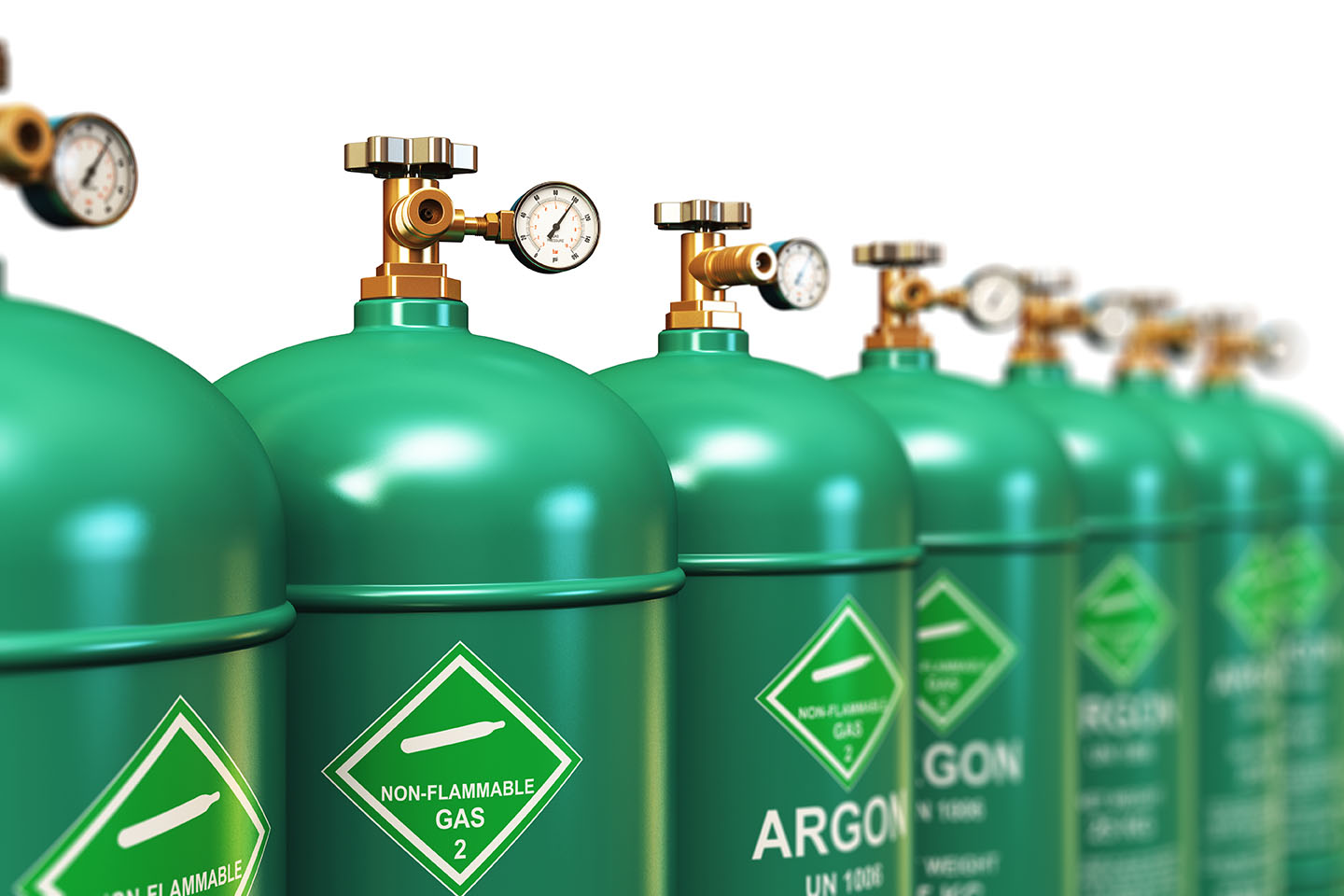

Argon is a chemical element with the symbol Ar and atomic number 18. It is a colourless, odourless, and inert gas. Argon is the third most abundant gas in Earth's atmosphere, after nitrogen and oxygen.
Argon is a noble gas, which means that it is chemically nonreactive. This is because argon has a full outer electron shell, which makes it stable.
Argon is used in a variety of applications, including:
Argon is a safe and inert gas, and it is not harmful to humans. However, it can be asphyxiating if it is breathed in at high concentrations.
Argon is a colourless, odourless, and inert gas that is the third most abundant gas in Earth's atmosphere.

Noun: argon.
Adjective: argoneous.
Verb: to argonise (to fill something with argon).
Adverb: argonically.
The word "argon" comes from the Greek word "ἀργόν" (argón), which means "lazy" or "inactive." The Greek word "ἀργόν" is derived from the word "ἀργός" (argos), which means "idle" or "inactive.".
What can argon be used for?